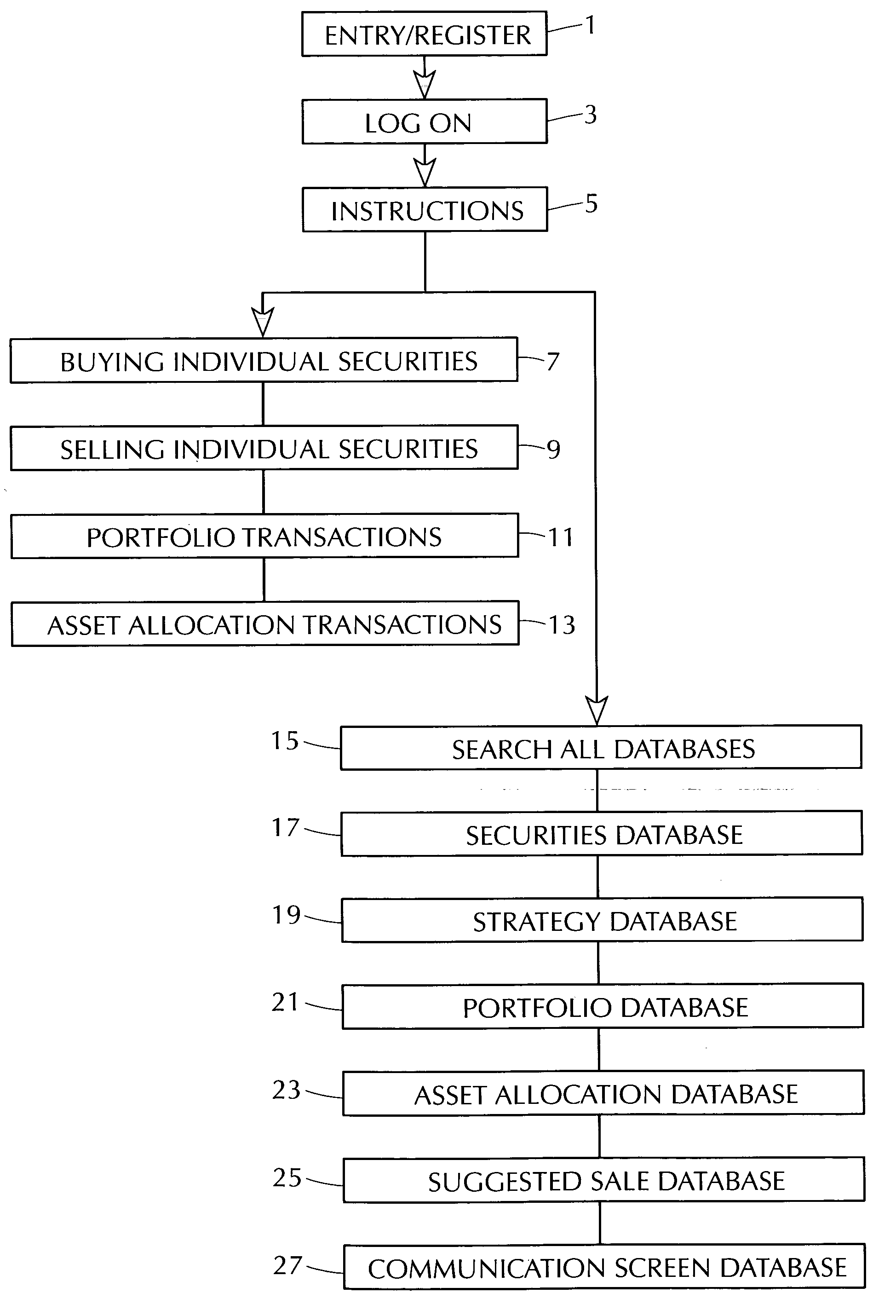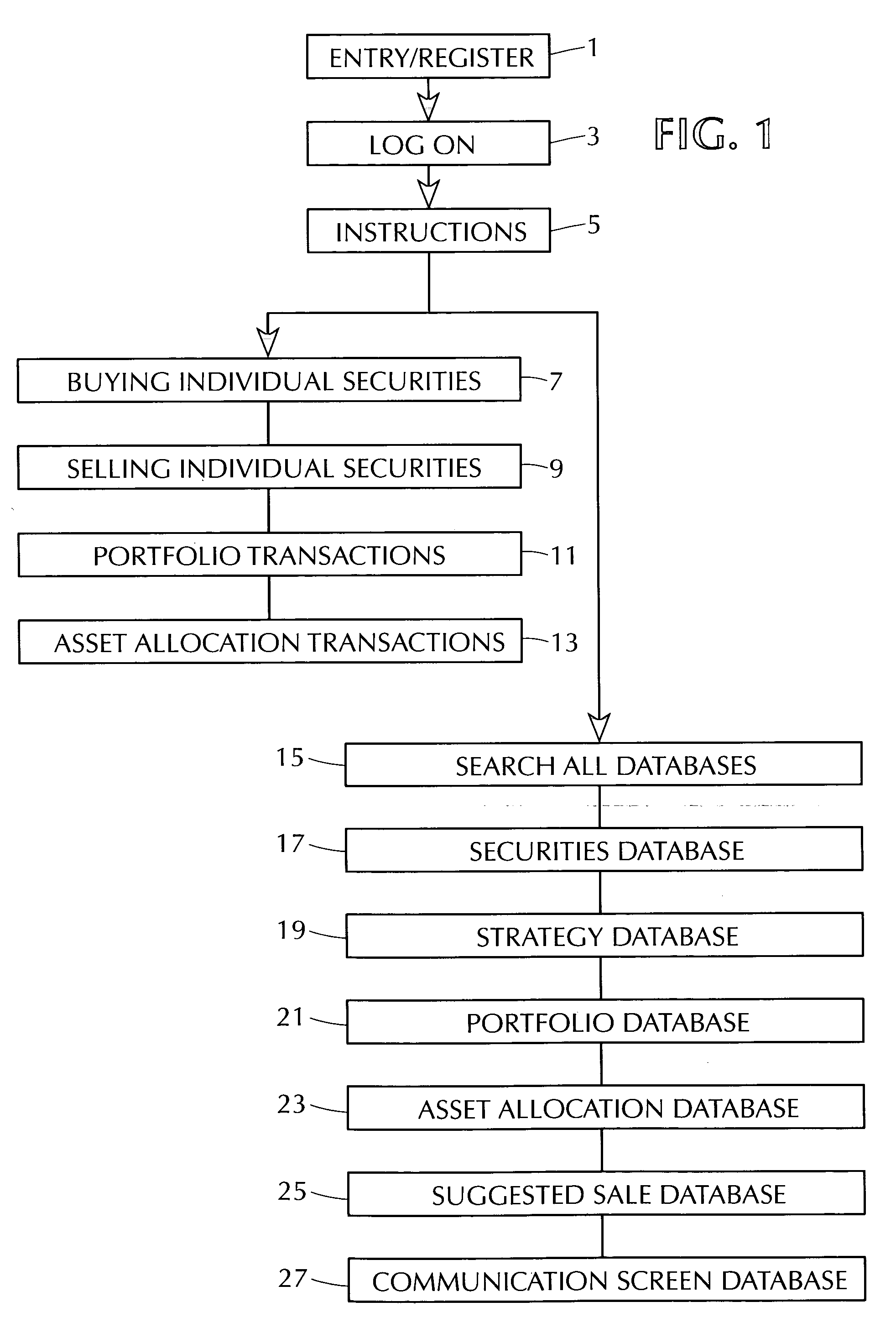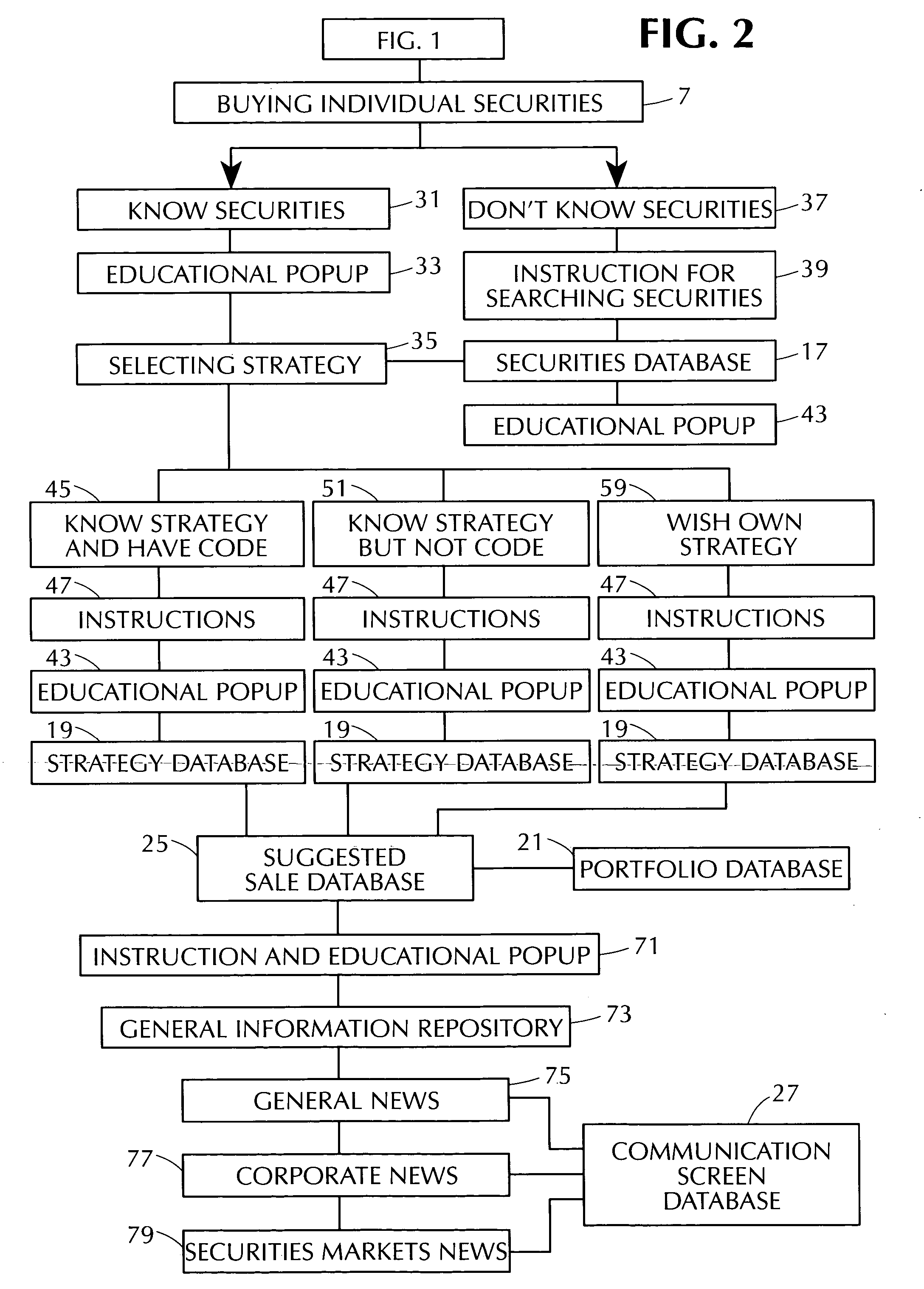This is a tricky strategy if taken raw because it can be entirely relative.
Price earnings is not a pure strategy that leads to genuine discipline.
As another example: of how professions fail at their tasks: Managers who actively trade in taxable accounts are estimated to spend another 1.5 percent to 2 percent to buy and sell their stocks each year, which makes it virtually impossible for them to beat the unmanaged stock indexes
But they sell most likely sell when they lose interest or they get holding jitters and thus they finally do get rid of the security impulsively.
However, well-qualified research has determined and the financial industry has not been able to successfully counter the fact that 90% or more of the success of an investment portfolio. can be attributed to asset allocation.
This is a major blow to those whose stock in trade is its ability to create heroes who claim they can constantly outsmart each other with securities selection and market timing.
These arc unmanaged funds or baskets of securities, which generally greatly outperform those who attempt to outfox those averages.
Unfortunately their actions are not always in the interest of the customer.
There often is a conflict of interest.
Were these reports all top-grade, they would still be distractions.
The fact most are inferior and have doubtful investment intentions, they can prove disastrous for investor discipline.
a) Most or the analysts on Wall Street fail to accomplish their mission because they are incompetent when it comes to
basic research.
And what gets read is a lot of meaningless fluff.
b) Analysts have little time to get into the deep-down research Wall Street's restrictive budgeting makes it impossible for analysts to spend much time on companies they cover, least of all, the effort that could sway their preconceived notions.
While more information may be excellent for science and other endeavors, this is definitely not the case when it comes to investing. because of the
mass confusion it produces.
The constant barrage or superfluous information often makes disciplined strategy a near-impossibility.
Serious in-depth research. clearly shows that these distractions confuse and hurt the investor and nothing is usually done to remedy the matter.
Yet, It is not in the interest of the financial
community that anything be done about it.
If anything, Wall Street continues to add to the
noise.
The vast majority of experts agree that the best results occur when you stick to an Investment Game Plan at all times. Moreover, extensive research over the years has shown the risks of changing strategy in
midstream.
There is no such discipline in the investment field and with the increase in data, the situation constantly gets worse.
The lack of discipline is costly in more than mere direct poor investment outcome, it results in 1) extra brokerage fees because of more transactions 2) extra transaction costs due to additional bid / ask differentials 3) termination of contract fees when cancellations are made 4) cancellation fees if operative
These fees are only incidental to the
distraction of having disrupted original planning and possibly having too re-orientate fresh strategy amid doubts and uncertainty for the future.
In fact, much buy and sell advice never heeds the tax bites that result from too-frequent buying and selling recommendations.
When you think or it, almost everything you read or hear in financial publications unfortunately fails to meet proper financial standards because of a lack of distinction of the varying objective needs of the investing public.
When investors rely on such public reports disseminated to thousands, perhaps hundreds of thousands, or even millions of investors at one time, a drastic imbalance results.
They invariably are hurt by the inability to come up with consistent strategy that keep the
odds for investment success in their favor even when they are on in the inside of all the worthwhile information there is to know about investing.
It goes without saying that nonprofessionals who are on the outside looking in are bound to suffer even worse
odds in achieving optimum investment success.
The most damaging flaw that exists in professional use or, more to the point, misuse, or strategy, has to do with the fact that most practitioners use more than one strategy at a time when investing buying a particular security.
Unfortunately, this attempt indicates the lack of concrete strategy and discipline and merely represents haphazard attempts being made to remedy current problems that confront investors.
Those using the service are still at a loss to determine when to sell the security that they had bought.
Moreover, the
package of services they are receiving entails a massive amount of securities information which is destined to confuse them with often extraneous and superfluous securities news trivia.
The latter will add to the bewilderment that blankets the professional as well as average investor.
There is ordinarily no effective screen to help the investor cope with this avalanche of
financial news, much of it used to move markets for those interests that invariably do not coincide with that of the particular investor.
 Login to View More
Login to View More  Login to View More
Login to View More 


